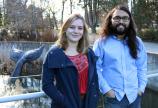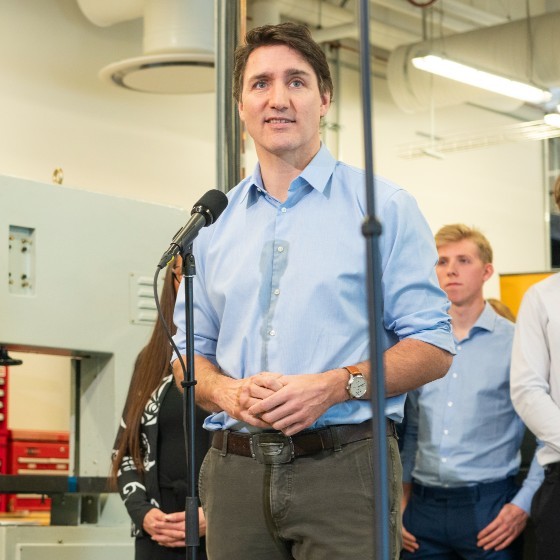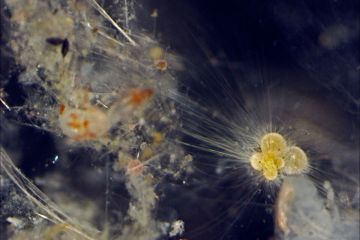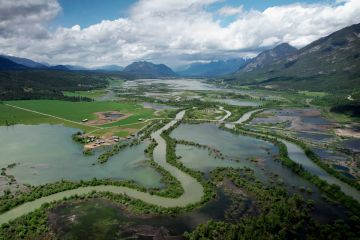Students connect with Australian Aboriginal community on Indigenous exchange
- Amy Smith
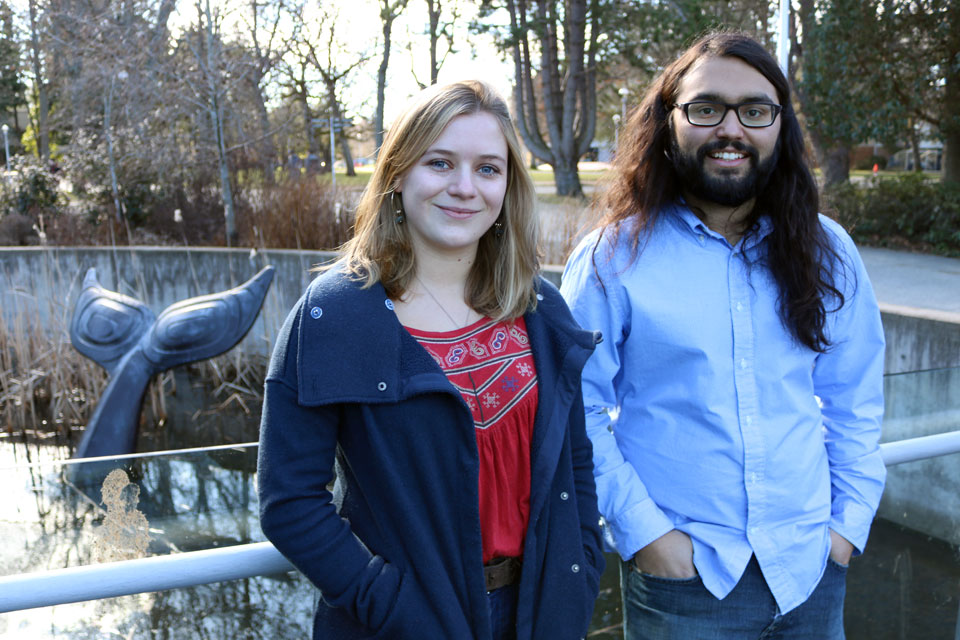
Jackson McDermott and Tami Schiefelbein had no lack of support before leaving on their work exchange to Newcastle, Australia, last fall. The two Indigenous students received $6,000 from the Queen Elizabeth Scholarship program for young global leaders, had a team of co-op staff to assist with travel logistics, and attended cultural competency classes to prepare themselves for three-and-a-half months of working at the Wollotuka Institute at the University of Newcastle.
Most importantly, the students had the support of their communities.
“Culturally, what I’ve learned within my own First Nation and from the Indigenous community at UVic, really helped me to go to Australia in a good way and to conduct myself well in another person’s territory,” says McDermott, who is Dene and Cree and who grew up in the Fort Nelson First Nation. He recently completed his degree in anthropology and Indigenous studies.
McDermott and Schiefelbein, who is Cree/Métis and mixed European, travelled to Australia as part of the Indigenous International Work Integrated Learning (WIL) Exchange Program.
“It’s an exchange for Indigenous students with the goal of creating an international Indigenous community,” explains Schiefelbein, who is in her fourth year of environmental studies and anthropology at UVic.
The exchange, which is now in its third year, is the result of a partnership between the Wollotuka Institute and the First Peoples House at UVic, both of which are Indigenous-focused offices working within universities. It’s believed to be the only international Indigenous-to-Indigenous exchange of its kind.
The work exchange saw the students take on a variety of projects within the Wollotuka Institute and in the community.
Schiefelbein put her education in environmental studies to use by working on a restoration proposal for a pond near the institute. “It was great having the opportunity to design our own projects as it meant that we really had to be self-directed and network on our own,” she says.
As Queen Elizabeth Scholars, Schiefelbein and McDermott also planned their own community engagement activities by visiting local high schools to talk about Indigenous people in Canada. During these visits, they learned from the students as well.
“There was a group of students at one school who were in an Aboriginal dance group and they invited us to see their dances,” said Schiefelbein. “Not only were they amazing dancers, but it was really cool to see how passionate the kids were about Aboriginal culture and dancing and how well they worked together.”
Both Jackson and Schiefelbein emphasize that cross-cultural learning and community-building were the most memorable part of their work terms.
“Some of my most valuable experiences were just being on the land and having a first-hand learning experience in terms of Indigenous culture there,” says McDermott. “I learned so much about Indigenous peoples’ experiences in Australia and how they closely parallel ours here in Canada.”
“The most important lesson I learned was the importance of building connections with people, particularly internationally,” says Schiefelbein. “Seeing the power that’s involved and knowing that you have people supporting you and your culture and your nation on the completely opposite side of the world is pretty amazing.”
“My advice to future students in this program would be to take any opportunity that you get and meet as many people as you can,” said McDermott. “And keep up the connections that you make there, because they can last a lifetime.”
Development of the Indigenous International WIL program was made possible with funding from the Queen Elizabeth II Diamond Jubilee Scholarships program, a partnership between Universities Canada, the Rideau Hall Foundation and Community Foundations of Canada, with financial support from the Government of Canada, provincial governments and the private sector.
Interesting in working or volunteering abroad for a semester?
Photos
Videos
In this story
Keywords: international, exchange, Australia, partnerships, indigenous, student life, community, co-op







